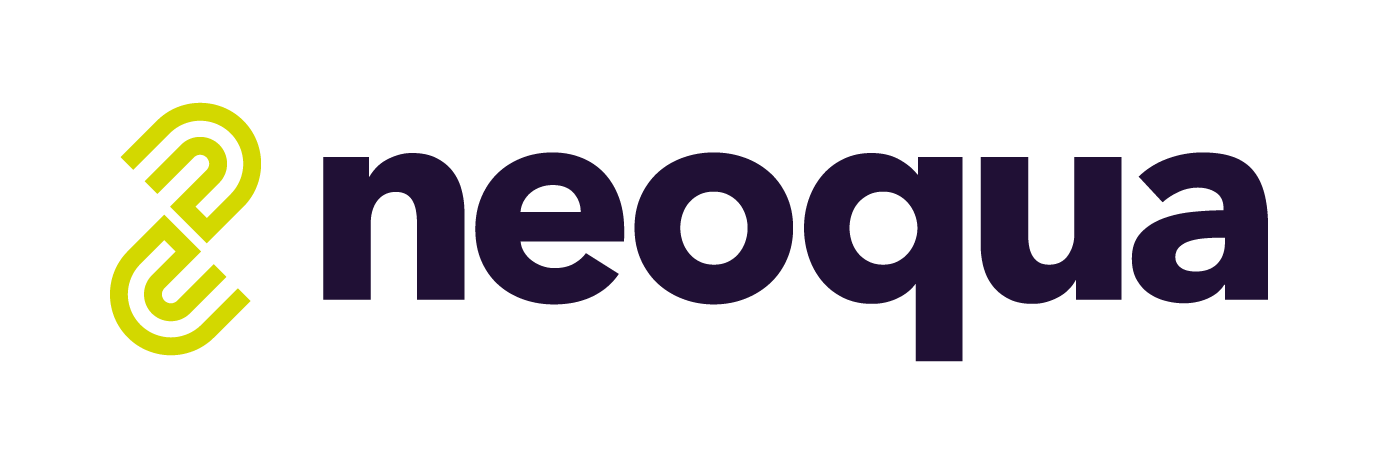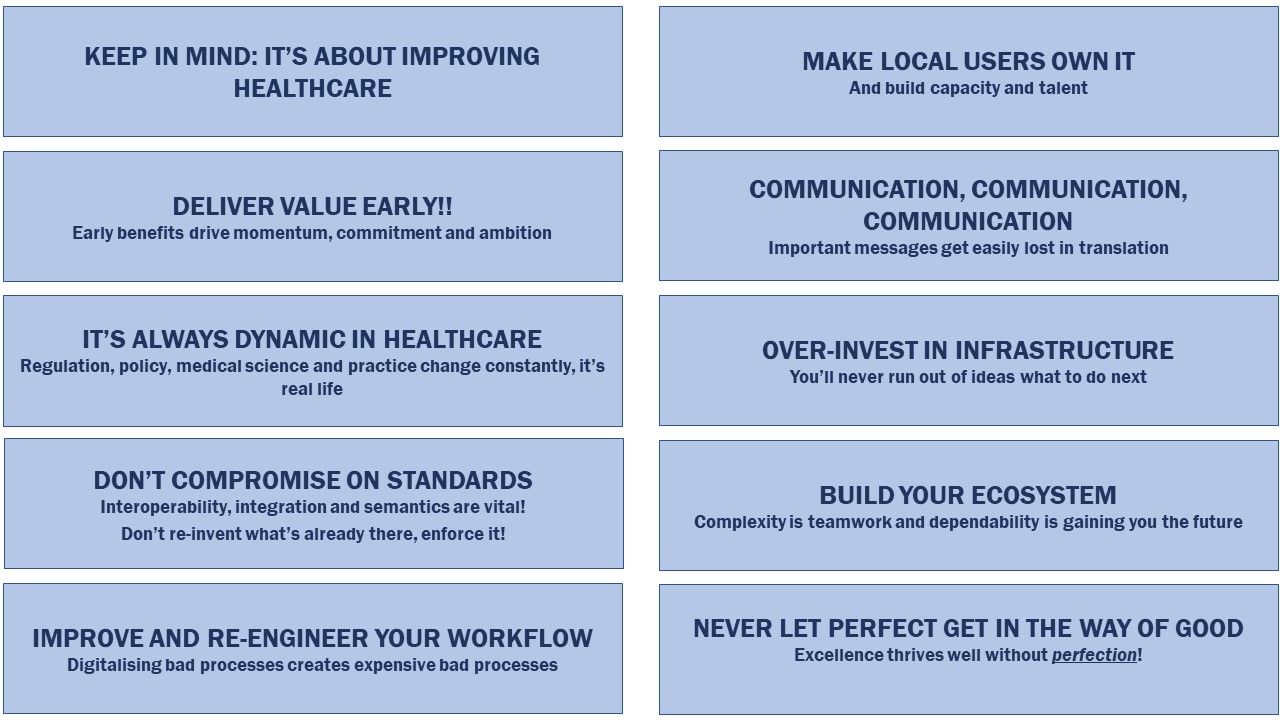Philosophy and business
Some thoughts for the quiet days ending another demanding year.

Some thoughts for the quiet days ending another demanding year.
It is somewhat surprising. Our business world has never been more guided and driven by morale and ethics than it is today. No job ad, that does not require “strong ethics”, “values and integrity”, “being true to a cause, even if unpopular”. Previously perceived as the incarnate of ruthlessness and profit-above-all mindsets, now fund managers and their ESG agendas convert even the most die-hard coal burning CEOs. Specialist labour shortages convince toughest bosses of the value of staff satisfaction (and to think about how to drive it). The world becomes greener, more sustainable, more reflective and fair, less biased. Some may say, “not enough”, “not sufficient” or an abundance of zeal may create challenges of political correctness and the unintended consequences of ethics on steroids.
Yet, compared to where we come from – pick whatever period in history you like – the world has more morale and ethical substance, than before. Even as a relative statement, that is a good thing.
What I find interesting in contrast is a persistent hesitance in business to read and perceive philosophy in its own right. We consume “management literature” by the millions of copies even in its most banal forms, yet talking about philosophical foundations of management concepts is often regarded quirky.
Well, I personally believe that for a humanist – and why should a business person not be humanist? – the world is easier to explain helped by philosophy and easier to navigate too. The theory of knowledge, perception and cognition – epistemology – helps to comprehend the world. Without solid understanding there is no sound strategy.
Platon wrote, what we can see with our eyes are only flickering shades on a cave’s wall. Quite pessimistic. Popper told us too, that we can never be certain whether we deduct correctly from what we see. Yet, rather than despairing like David Hume over the impossibility of knowledge, he tells us very pragmatically: in the meantime help yourself by just using the theory that explains best what you see. And continue using it until it is proven wrong and replaced with a better theory. With the “and” being quite important.
Which gives us a simple distinction: an argument that can be proven wrong is rational and an argument that cannot be proven wrong (or: where factual proof is denied rather than falsified) is believe. With all the conspiracy theories wavering about us, you sometimes think we should use that simple razor more often to avoid useless and fruitless discussions. Belief is belief. Can’t be argued with (because what isn’t rooted in facts, simply can’t be disproved by facts either, for good or bad), but must not interfere with society, please.
So yes, such philosophical concepts hold true in business as well. We will always have to take decisions under conditions of uncertainty. Else, they are no decisions, but consequences. Thus, we cannot wait until we achieve certainty but must decide based on what are the most rational conclusions from the available facts. We need to collect and interpret facts in a neutral fashion, that is: not only to justify and substantiate an already taken decision or opinion. We need to carry the burden and risk of remaining falsifiable. Or else, we will start making bad decisions and end up in a rabbit hole.
Values on the other hand are a compass. That is the other pillar of philosophy which can support business.
In a distinctly continental European environment you obtain a constructivist view of the world. Descartes, rather than Hume: if you know enough of the facts, you will be able to understand the world. Cogito ergo sum.
By far too optimistic, I guess! It leads to Rousseau and the famous supremacy of a volonté générale over the volonté de tous. And we are living the culmination of Rousseau today. Today, we seem to have a myriad of volontés générales (or: “we know it best for you too, shut up!”). But because they all know how the world works, i.e. they all “have the truth”, all these volontés can’t be reconciled, they are mutually exclusive and the basic element of societal consensus, compromise (and respect), is no longer available. Truth against truth, rather than argument against argument has become our reality, all too often, sadly.
The cure to these idealistic dead ends starts from Socrates via Kant and Rawls. Own the consequences of your doing, i.e. be accountable for your deeds. And don’t act in a way, that you would not accept to be acted upon yourself. It’s simple enough and doesn’t even need religion, natural law or utilitarianism to justify. But it helps a lot to find your way in decision making. And it could help shorten a lot of fruitless discussions.
Being accountable and not doing what we wouldn’t want done to ourselves would have made it harder to sell bundled A-rating-bonds made up of F rating subprime mortgages. Or engage in cum-ex-businesses. Or disrespect intellectual property rights. Or trip your colleague.
The simple answer to the question “by rejecting vaccination, will you account for the cost of the disease if you infect someone and is it ok for you to be infected by someone other?” may make people reconsider. Maybe. If there isn’t a rabbit hole already.
Philosophy won’t help us resolve everything in our affluently complex world. There will always be decisions left to improvise on or follow instinct. Yet I believe with some simple tools we can reduce complexity at least a little bit. It will instil an urge to rationalize our decisions, objectively justify them (to yourself if noone else) and ensure they are the best under the given knowledge. It will certainly increase the hit rate of decisions. And increase acceptance, especially for difficult or painful decisions.
It may not make us better people. But it will not do the opposite either. And it doesn’t cost much. Just some thinking. And occasional reading, fun anyway. I still believe, and maybe more than ever, to take the occasional look into the lore of some of our world’s great thinkers, is beneficial.
Especially from a business perspective.










